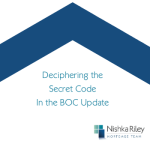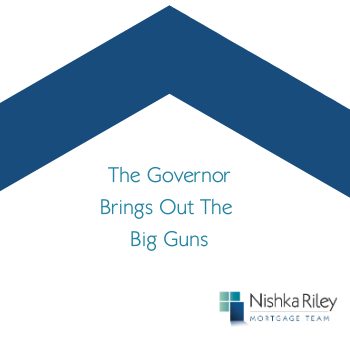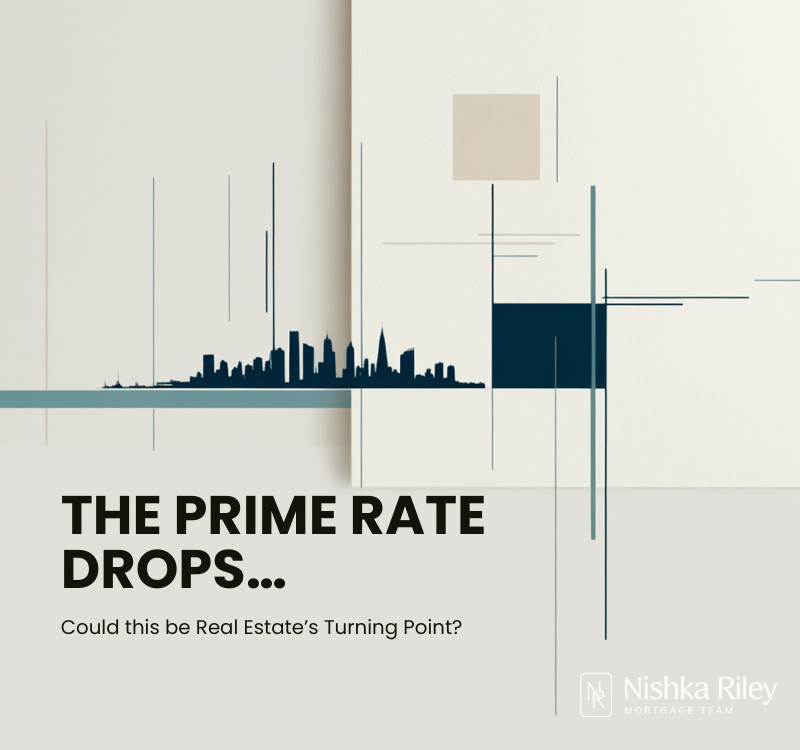
Rate Update – Last One For The Decade
December 4, 2019
Why Rates Are Rising While Prime is Falling
April 5, 2020In response to the spread of the COVID virus, the Bank of Canada (BOC) dropped the prime rate by 0.5 percent today.
Though today’s rate cut was an aggressive move, the key message from today’s BOC news release is the rate decrease is an attempt to provide confidence and economic stimulus in anticipation of a potential slow down caused by supply chain disruption.
Prior to the spread of the virus, the Canadian economy was actually gaining traction with some healthy figures coming in on the wage growth and inflation front. Hopefully once the virus has been brought under control, it will only be a matter of time before we return on our path to growth.
So what does the virus mean for us here on the West Coast, and how will it impact your mortgage? Scroll on down to find out more…
Key Points From The Bank of Canada Announcement
- BOC decreases the Prime Rate by 50bp
- COVID disrupting supply chains
- Ontario Rail blockade and Teacher Strike to blame as well
- Canadian economy currently doing fine, but impact of the virus yet to fully spread through the economy
How Your Mortgage Is Impacted
- Bond Yields have broken support points set in 2008
- Fixed rates are falling AND the spring market is approaching
- No word yet if the Big 6 banks will follow the prime rate cut
- Rate holds available until just past Canada Day!
Bad news in the economy is good news for your mortgage…
One of the key tenants of stock investing is the market ALWAYS reacts to perceived future events, AND THEN waits in safe assets until confirmation of the assumptions are made apparent. This is why we’re seeing a massive movement from stocks to bonds because the virus introduces such a big unknown into the global economic equation.
The result of the rush to bonds is causing yields to plummet to historical lows, which in turn will give banks to access to cheaper capital, which will then trickle down to you the consumer via lower mortgage rates.
The million dollar question is how long before this cheap money arrives and how long will it last.
Looking at the SARS virus in 2003, the time frame back then lasted 8 to 12 months, with interest rates fully working thier way in half way through that period. An interesting note: this then led to one of the largest periods of growth in real estate.
The Bottom Line:
Here are two things to keep in mind:
#1 Expect more bad news:
We expect economic news to get worse before it gets better. Not so much due to supply chain disruption ( be grateful you don’t operate a company that relies on goods shipped from Asia ) but more a function of companies taking out the “balance sheet trash”. What we mean is companies will have an excuse to have a bad couple of quarters and can clean house without being punished by the stock market. This lack of earnings will keep investors in bonds until the coast is clear.
#2 Don’t expect the rate cuts to follow at the same speed of the bond market:
We all love to hate the banks. We envision scrooge like, overpaid bank executives sitting in their ivory towers just wringing their hands and laughing ghoulishly at the consumers collective naiveté.
The fact is rate swings like this give CEOs ulcers, especially in the spring market.
It’s easy for the bank to get whipsawed out of the market by over committing to mortgage advances at ultra low interest rates, that end up costing the banks money when the cost of money swings in the other direction. The only option they have to hedge their funding commitments via purchasing investment derivatives. In plain speak – they have to go buy money and sit on it – which has a considerable cost associated with it.
So with the above in mind what are we advising our clients?
- Expect the return of the 60 day and 30 day special:
- one way to reduce hedging costs – don’t do it! We have access to lenders who don’t offer pre-approvals, but instead they only deal with clients that are going fund their mortgage in 30 or 60 days. This allows them to reduce their costs and pass the savings on to you.
- Consider a Variable mortgage:
- Most, but not all lenders offer you the ability to take a closed variable mortgage and then convert it to a fixed mortgage later. Though this has some risk attached to it, in times like this it’s turned out to be a smart move.
- Consider a Split Product Mortgage:
- There are some amazing products out there that will let you split your mortgage into a variable AND a fixed mortgage.
- This allows you to hedge your bets and reduce the risk associated with putting your entire mortgage into a variable rate product.
- Beware of the early renewal offers:
- Some lenders allow you to renew your mortgage 6 months prior to maturity. Though this is convenient, don’t get sucked into the banks latest “take it or lose it” sales tactic – ie. the offer is only good for one week and then its gone.
- If you’re not our client, check with us to ensure you are getting the best deal, because rates are just begining their downward trend you might want to hold off.
As always, when making plans with your mortgage and in real estate, your life goals must be first reviewed and understood. From there we can talk about your plans and give you advice that will fit your financial situation now AND in the future.
I hope that this post gives you some insight and a level of comfort with regards to the virus and your mortgage.
…I’m off to stock up on canned goods 😉

Do you have a mortgage coming up for renewal in the spring?
**Ask me how you could potentially avoid the Stress Test!**
Did you Like this post? Then you’ll Like my Facebook Page. It’s filled with current news on what’s going on in the world of real estate.
[thrive_lead_lock id=’1114′]Hidden Content[/thrive_lead_lock]




